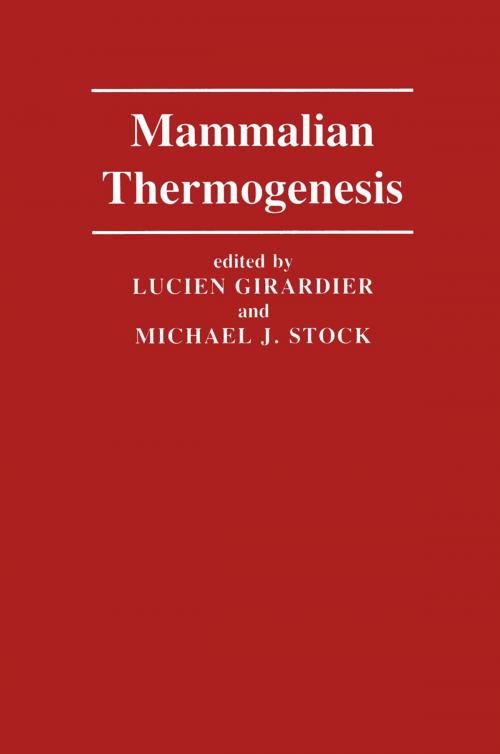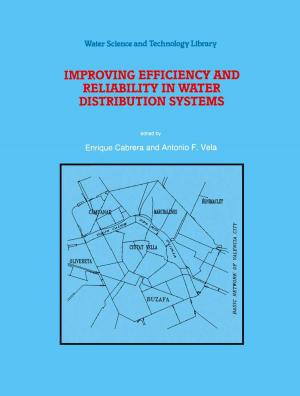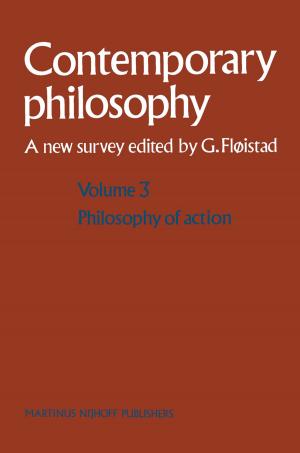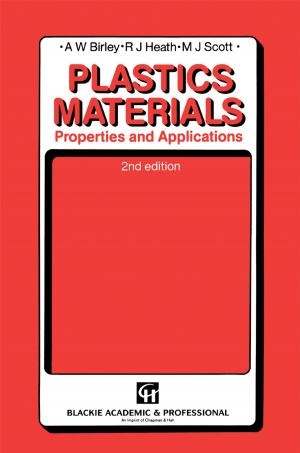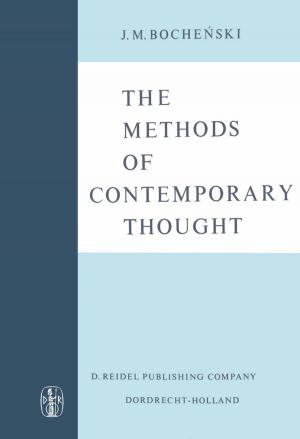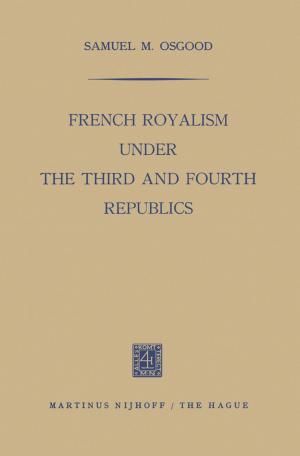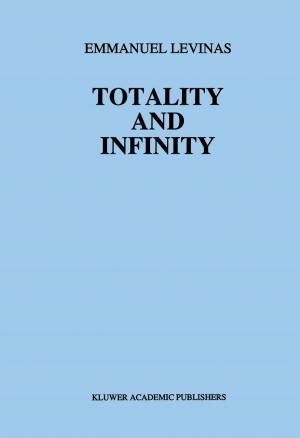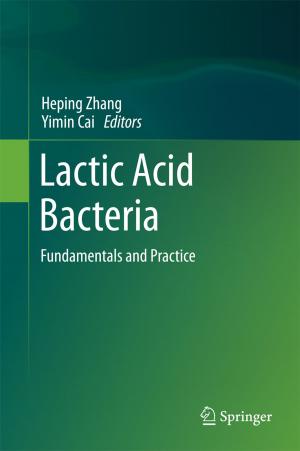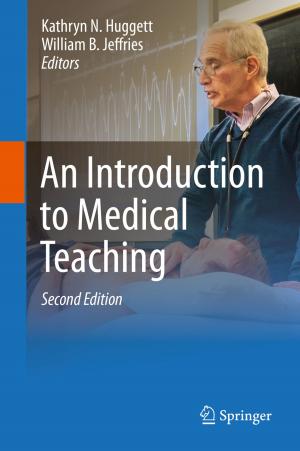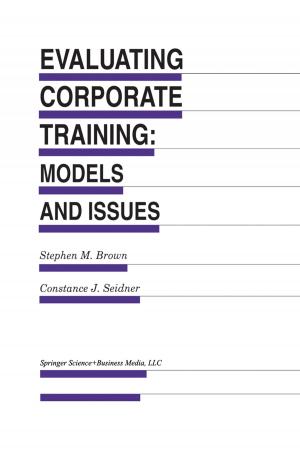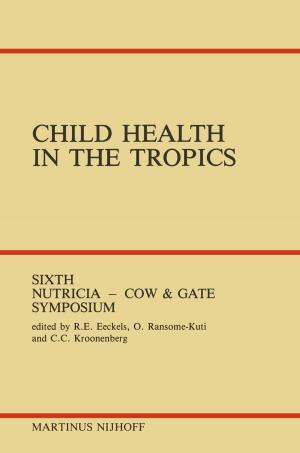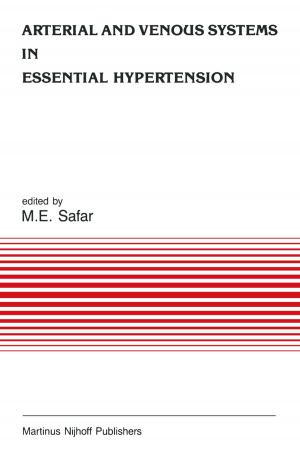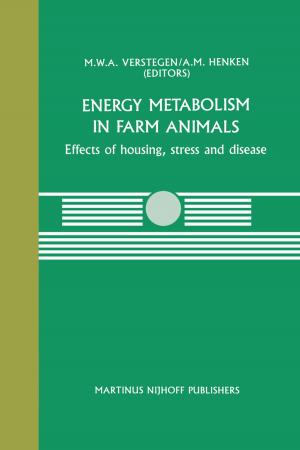Mammalian Thermogenesis
Kids, Natural World, Nonfiction, Reference & Language, Education & Teaching, Science & Nature, Science| Author: | ISBN: | 9789401160322 | |
| Publisher: | Springer Netherlands | Publication: | December 6, 2012 |
| Imprint: | Springer | Language: | English |
| Author: | |
| ISBN: | 9789401160322 |
| Publisher: | Springer Netherlands |
| Publication: | December 6, 2012 |
| Imprint: | Springer |
| Language: | English |
an attempt to rationalize these terminological and conceptual difficulties we have considered the origins of mammalian heat production from two different points of view. The scheme depicted in Fig. 1. 1 illustrates the fate of energy in the body as seen by the nutritionist. After allowing for losses of energy in faeces and urine, the metabolizable energy obtained from food is utilized for main taining and increasing body energy content (maintenance, external work, growth and production). The transformation of metabolizable energy into these forms of net energy also involves inevitable energy losses in the form of heat - thermic energy. Similarly, maintaining homeothermy in cold en vironments involves shivering and non-shivering thermogenesis (NST) and the energy costs of assimilating nutrients and retaining net energy results in obligatory heat losses due to diet-induced thermogenesis (DIT). This obligatory DIT is mainly due to the energy cost of protein and fat synthesis but, in addition to this, there is an adaptive component of DIT that helps maintain body energy content (i. e. body weight) by dissipating the metabolizable energy consumed in excess of the requirements for maintenance, growth and production. In Fig. 1. 2, we have converted this nutritionist's scheme (A) into one that A B r-------. . . , I I Production, Growth I I External work I I I I Essential energy expenditure NET BASAL Obligatory 1 I ENERGY Maintenance HEAT heat I FASTING at (BMR) productlpn for t ROC thermoneutrallty homeothermia r.
an attempt to rationalize these terminological and conceptual difficulties we have considered the origins of mammalian heat production from two different points of view. The scheme depicted in Fig. 1. 1 illustrates the fate of energy in the body as seen by the nutritionist. After allowing for losses of energy in faeces and urine, the metabolizable energy obtained from food is utilized for main taining and increasing body energy content (maintenance, external work, growth and production). The transformation of metabolizable energy into these forms of net energy also involves inevitable energy losses in the form of heat - thermic energy. Similarly, maintaining homeothermy in cold en vironments involves shivering and non-shivering thermogenesis (NST) and the energy costs of assimilating nutrients and retaining net energy results in obligatory heat losses due to diet-induced thermogenesis (DIT). This obligatory DIT is mainly due to the energy cost of protein and fat synthesis but, in addition to this, there is an adaptive component of DIT that helps maintain body energy content (i. e. body weight) by dissipating the metabolizable energy consumed in excess of the requirements for maintenance, growth and production. In Fig. 1. 2, we have converted this nutritionist's scheme (A) into one that A B r-------. . . , I I Production, Growth I I External work I I I I Essential energy expenditure NET BASAL Obligatory 1 I ENERGY Maintenance HEAT heat I FASTING at (BMR) productlpn for t ROC thermoneutrallty homeothermia r.
